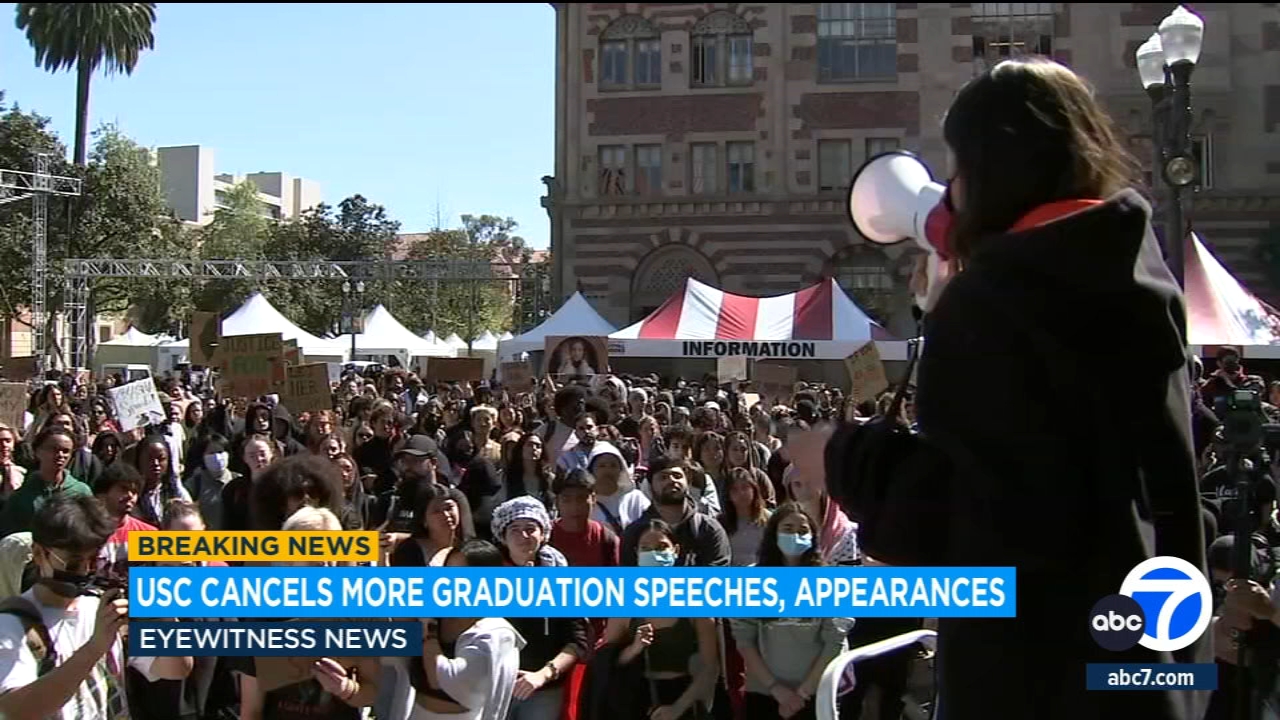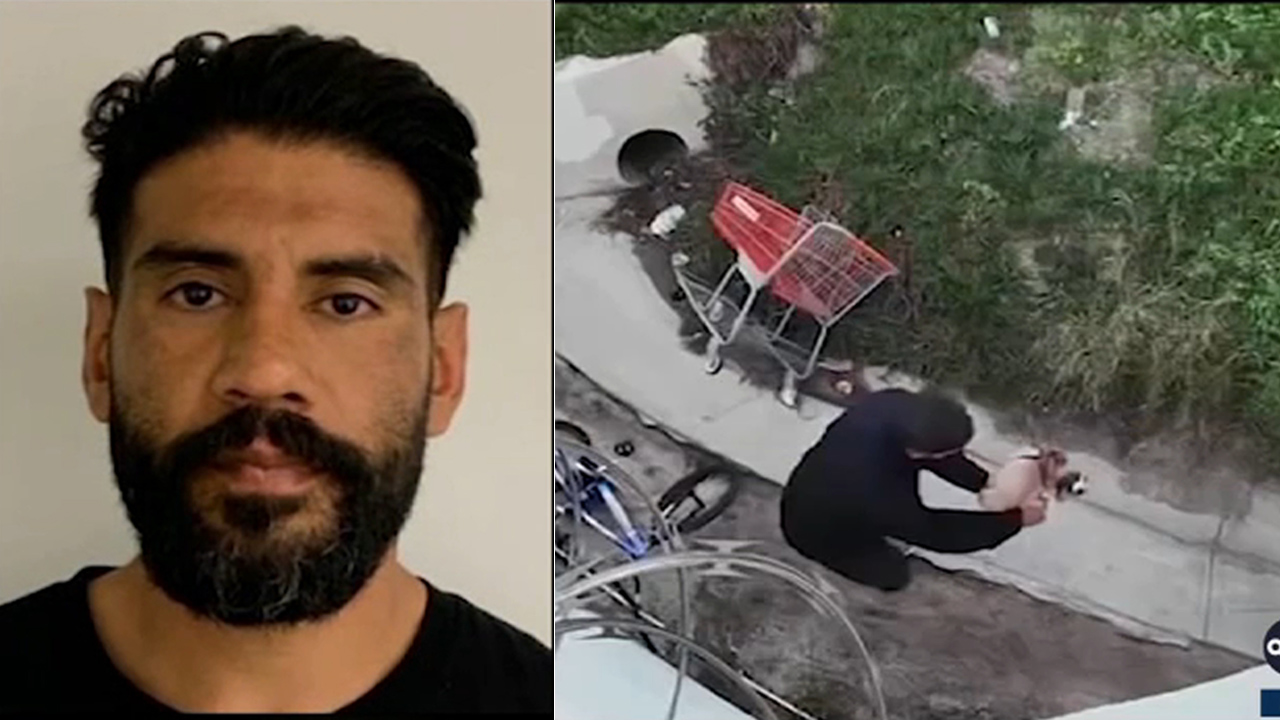Community health workers bridge language, cultural gap between agricultural workers and health officials

VENTURA, Calif. (KABC) -- Agricultural workers have long been disenfranchised, suffering countless inequities - their plight ignored. Now with COVID-19 cases surging again, Ventura County health officials acknowledge contact tracing is an uphill battle, especially with the estimated 20,000 indigenous people living in Ventura, most of them farmworkers.
Many come from Mexico, but don't speak English or even Spanish. Mixteco is the indigenous language for the majority of them. Ventura County is now relying on indigenous community advocates and just two public health employees who speak it, to bridge not only cultural and language barriers, but the gap in trust.
"They fear getting sick, and they fear getting their families sick, but they fear not being able to work even more," said Selfa Saucedo, Ventura County director of health education.
Watch the full report from Jovana Lara in the video above.









